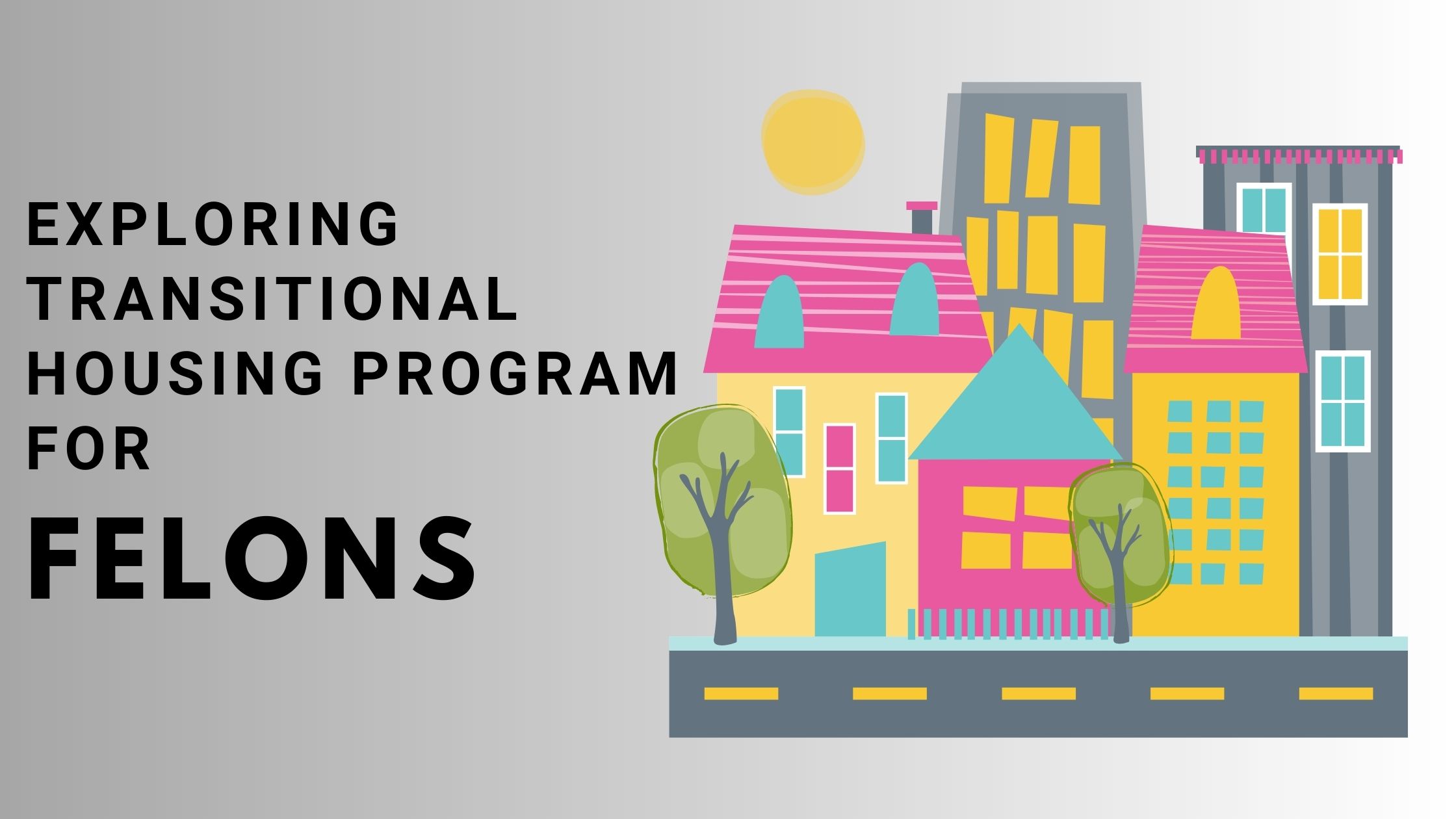
Finding stable housing after release from incarceration can be incredibly challenging for formerly incarcerated individuals. Without a permanent address, it’s difficult to get a job, access social services, or work towards reintegrating into society. Transitional housing programs provide temporary accommodation and support services to help recently released felons get back on their feet. In this article, we’ll explore the different types of transitional housing available and examine the benefits these programs offer.
What is Transitional Housing?
Transitional housing acts as a bridge between incarceration and permanent housing. It provides a place to stay along with wraparound services to help ex-offenders transition smoothly into the community. The housing is temporary, usually lasting up to 24 months. This gives residents enough time to save up for a deposit, find employment, and get settled without becoming homeless.
There are a few different transitional housing models:
– Group homes or dormitory-style buildings where residents share common areas
– Scattered-site apartments where participants live independently
– Recovery housing that has a treatment component to support sobriety
All types aim to provide a safe, structured and drug-free living environment. The programs also connect residents with counselors, case managers, medical care, education and job training opportunities.
Benefits of Transitional Housing
Research shows that transitional housing can greatly reduce rates of recidivism and homelessness among ex-offenders. Other benefits include:
– Stable base to look for work and access services
– Chance to build savings
– Support reaching self-sufficiency
– Lower risk of re-arrest or relapse
– Opportunity to learn important life skills
– Accountability through monitoring and drug testing
The community also benefits when ex-offenders have access to transitional housing. With this support, they are far more likely to transition into being productive, contributing members of society.
Finding Transitional Housing Programs
Several options exist nationwide for felony offenders in need of transitional housing. Here are a few ways to find programs:
– Contact your probation or parole officer, they may have resources or referrals available.
– Look for nonprofit service providers, many offer transitional housing services funded through grants and donations.
– Search for faith-based housing programs, some are operated by religious organizations and churches.
– Research options through nationwide directories like the National Transitional Jobs Network website.
– Talk to a social worker or case manager, they can help identify options in your area.
When researching programs, be sure to look into eligibility requirements, costs, location and the services provided. Take time to understand the rules and expectations for residents. Transitional housing programs provide a tremendous opportunity for ex-offenders committed to positive change. With an open mind and willingness to work hard, the experience can be life-transforming.
Conclusion
In essence, transitional housing programs for felons offer a second chance and a pathway to rehabilitation, reintegration, and ultimately, a more promising future. As society continues to explore effective ways to address criminal justice reform, these programs stand out as a constructive and compassionate approach to supporting individuals in their journey toward meaningful and law-abiding lives.
If you’re seeking assistance with housing or employment matters, don’t hesitate to reach out to Reecareer. We are dedicated to providing you with top-notch resources and comprehensive guidance every step of the way. Feel free to connect with us for the support you need.

